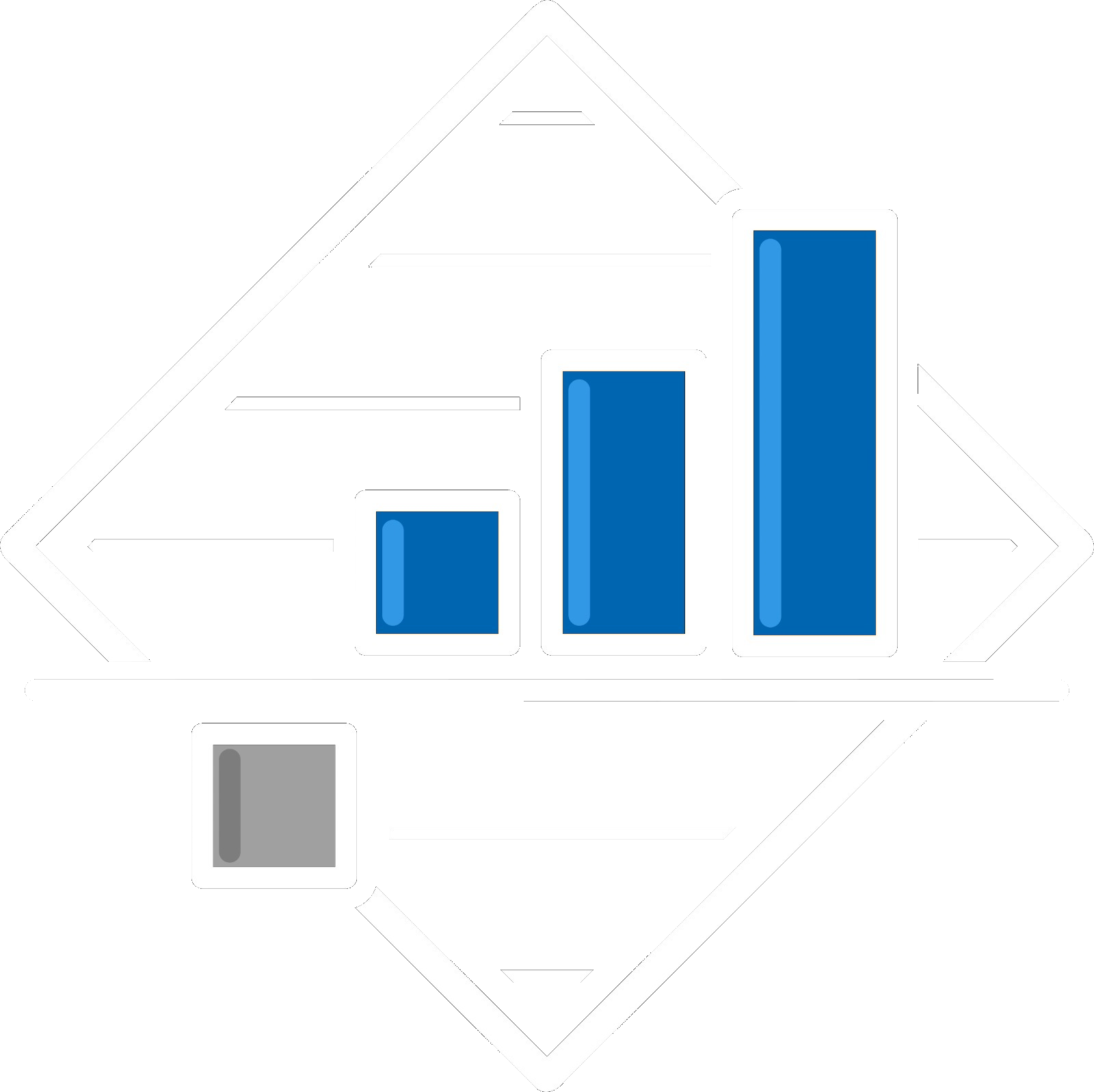On Monday, 16 September 2024, the Australian Tax Office (ATO) updated information of the First Home Super Saver Scheme (FHSS), and, as your your local accountants in Hobart, Hills Accounting are here to bring you up to date on this program.
The FHSS originated in 2017 and allows you to make personal voluntary contributions to your super fund to help you save for your first home.
Concessional contributions are taxed at only 15%, which is usually less than your marginal income tax rate. Assessable FHSS amounts also benefit from a 30% FHSS tax offset.
You can withdraw up to $15,000 of your voluntary contributions from any one financial year, up to a total of $50,000 across multiple years, plus associated earnings.
You don't need to be an Australian citizen or Australian resident for tax purposes to use the FHSS scheme.
It's important you request a FHSS determination before ownership of any real property transfers to you (generally following settlement of a property contract).
When you're ready to use the funds to help buy a home in Australia, you can submit a request to release your FHSS amount plus associated earnings.
Is FHSS right for me?
The FHSS is not a perfect fit for everyone. It is important that you understand the eligibility criteria, conditions of release, and if your fund will release FHSS amounts before you start saving in your super fund. At Hills Accounting Hobart, we can help you with that.
This page explains the basics of the FHSS. For technical information on the FHSS scheme, see GN 2024/1 First home super saver scheme.
You can also visit the ATO Publication Ordering Service to place an order or download our FHSS scheme essentials. This publication summarises everything to consider if you plan to use your super savings to purchase your first home.
Impacts of using the FHSS scheme
- Assessable FHSS amounts will affect your tax – you will receive a payment summary from us and you will need to include both the assessable and tax-withheld amounts in your tax return in the year in which you make the request to release.
- Your assessable FHSS released amount is not included in your assessable income for calculating family assistance and child support payments.
- If you have an outstanding debt with the ATO or another Commonwealth agency, your FHSS release amount:
- may be offset against this debt
- could be reduced (including to nil)
- will take longer to be released to you.
Other considerations when using the FHSS scheme
If you use the FHSS scheme to buy your first home, you must genuinely intend to occupy the property as a home as soon as practicable after purchase and do so for at least 6 of the first 12 months from when it is practicable to occupy it.
You can't use the FHSS scheme to purchase:
- vacant land – but the contract can be for the construction of a home on vacant land, provided ownership of the vacant land has not transferred to you before applying for a FHSS determination. The contract to construct the home on the vacant land must be entered into within 12 months (or other period allowed) from the date you requested a FHSS release
- any premises not capable of being occupied as a residence
- a houseboat
- a motor home.
